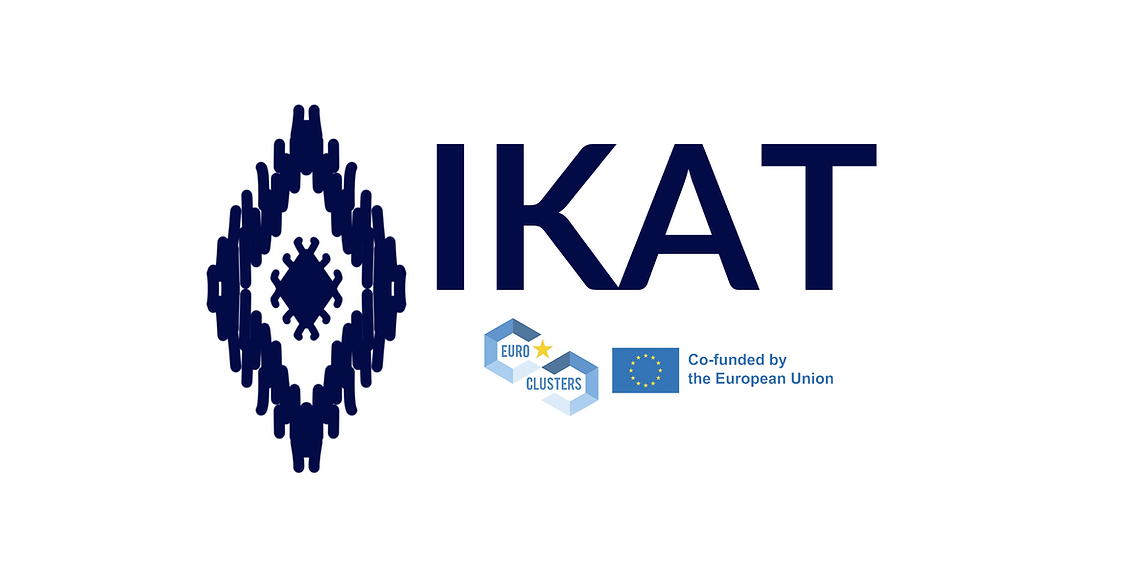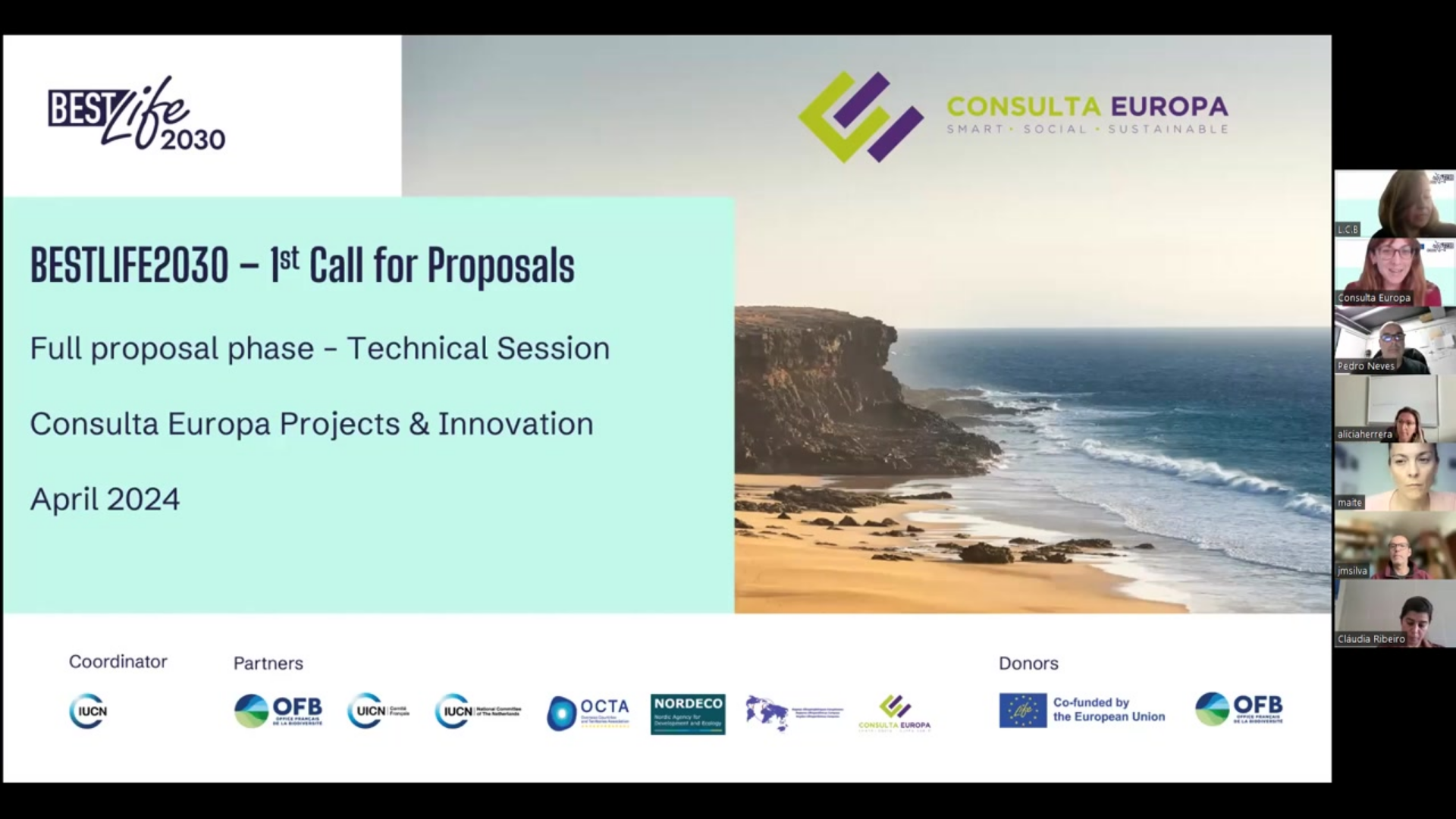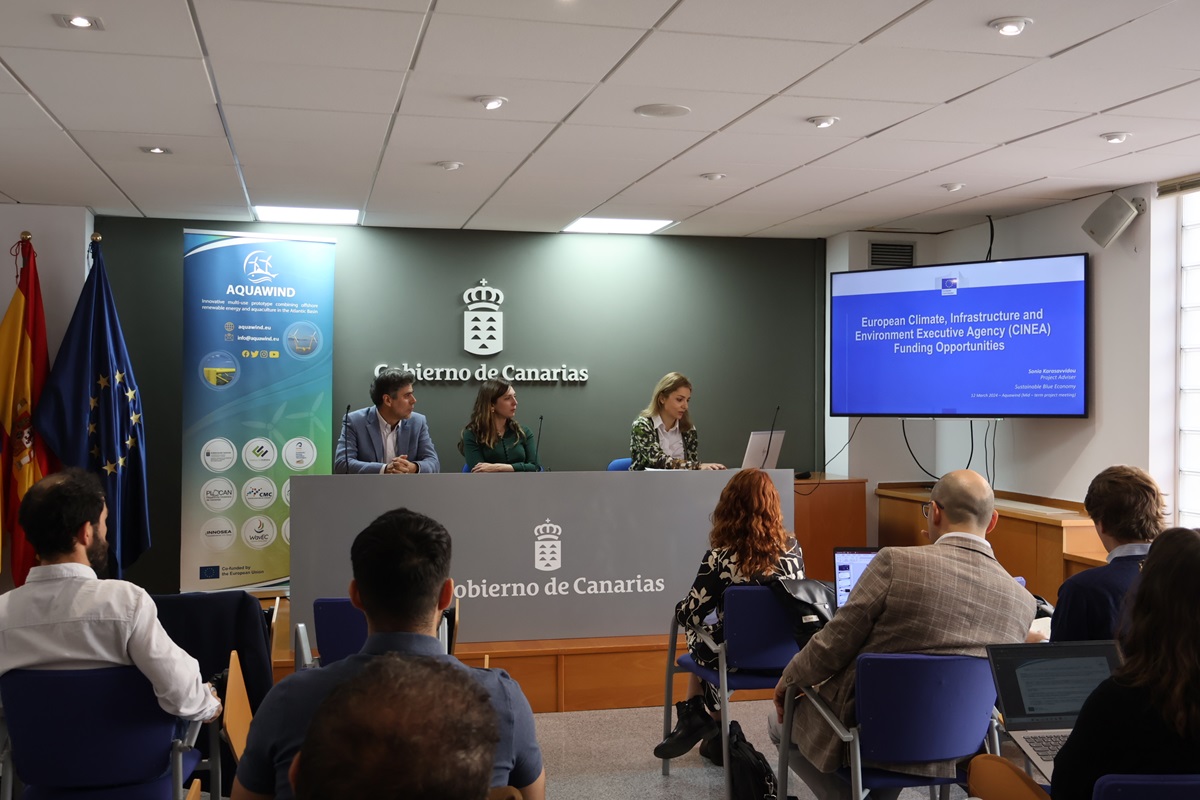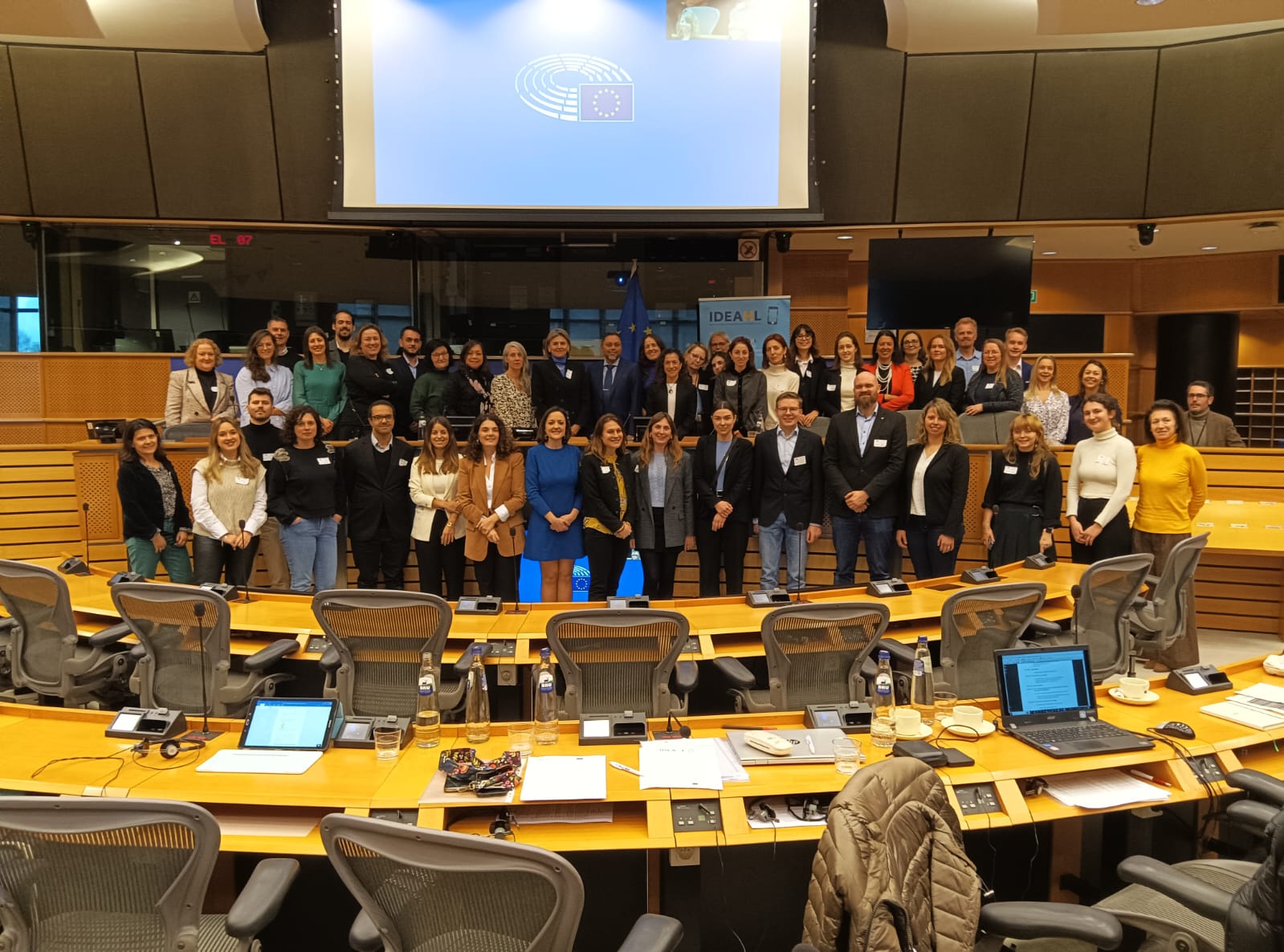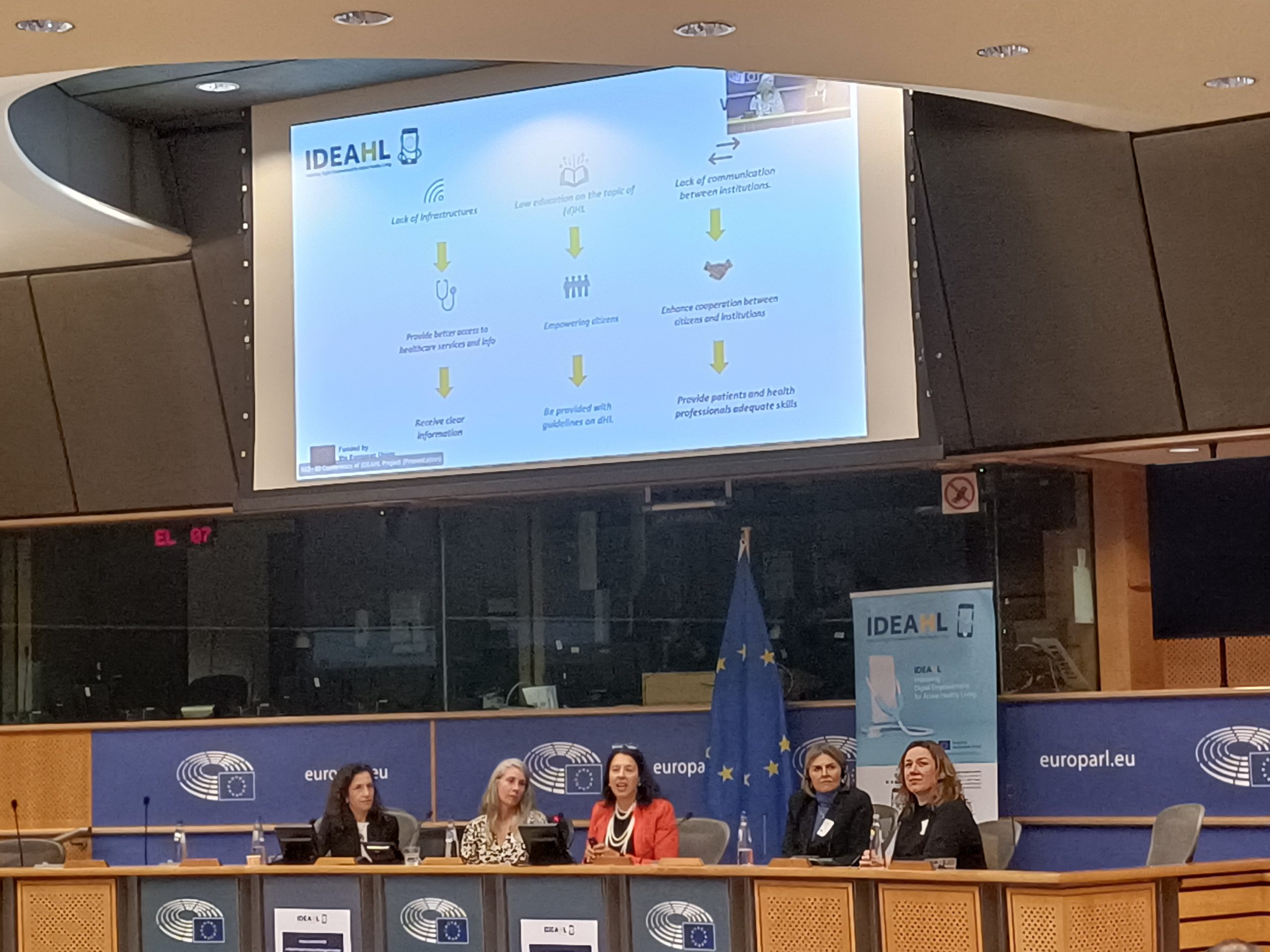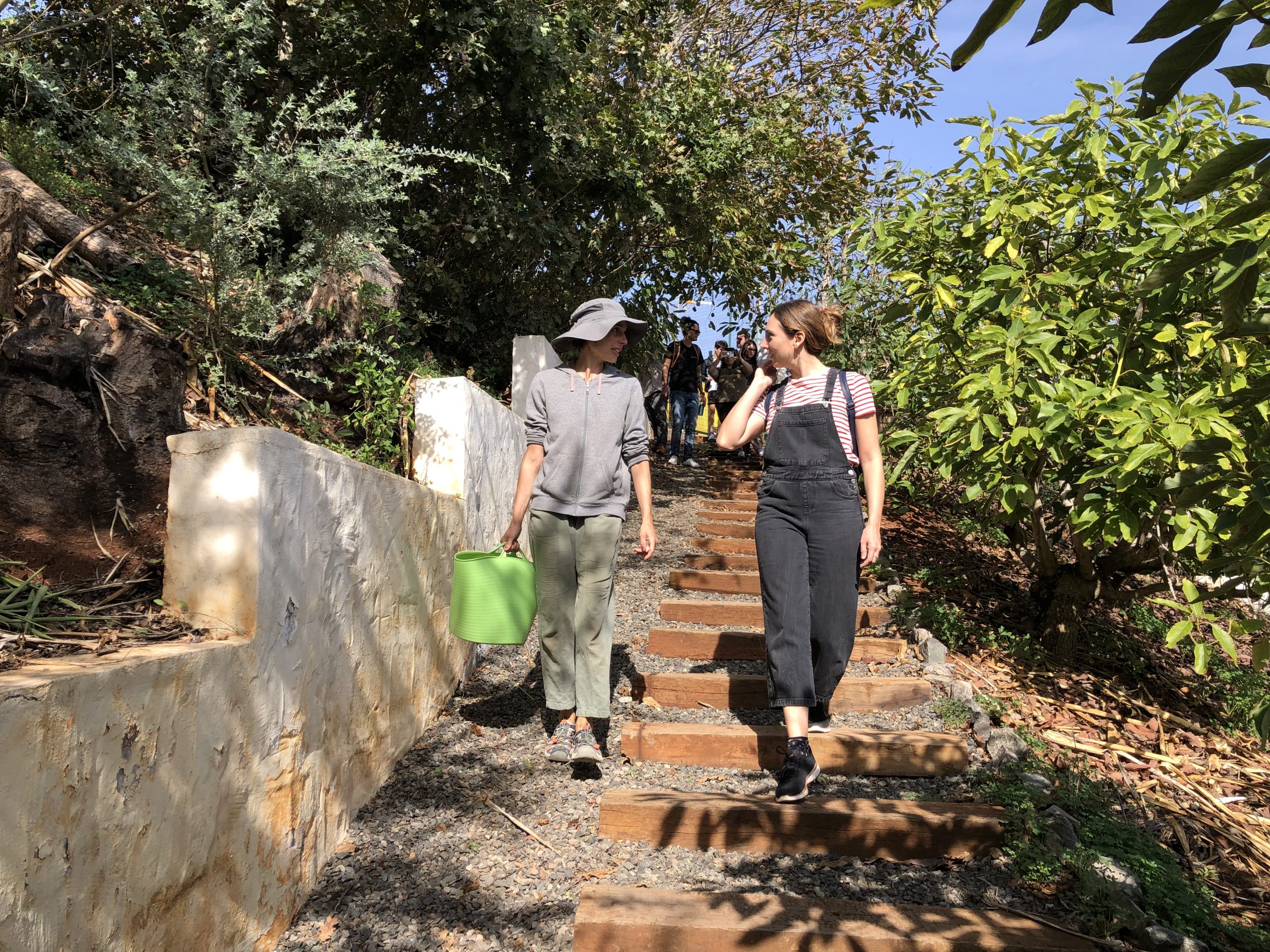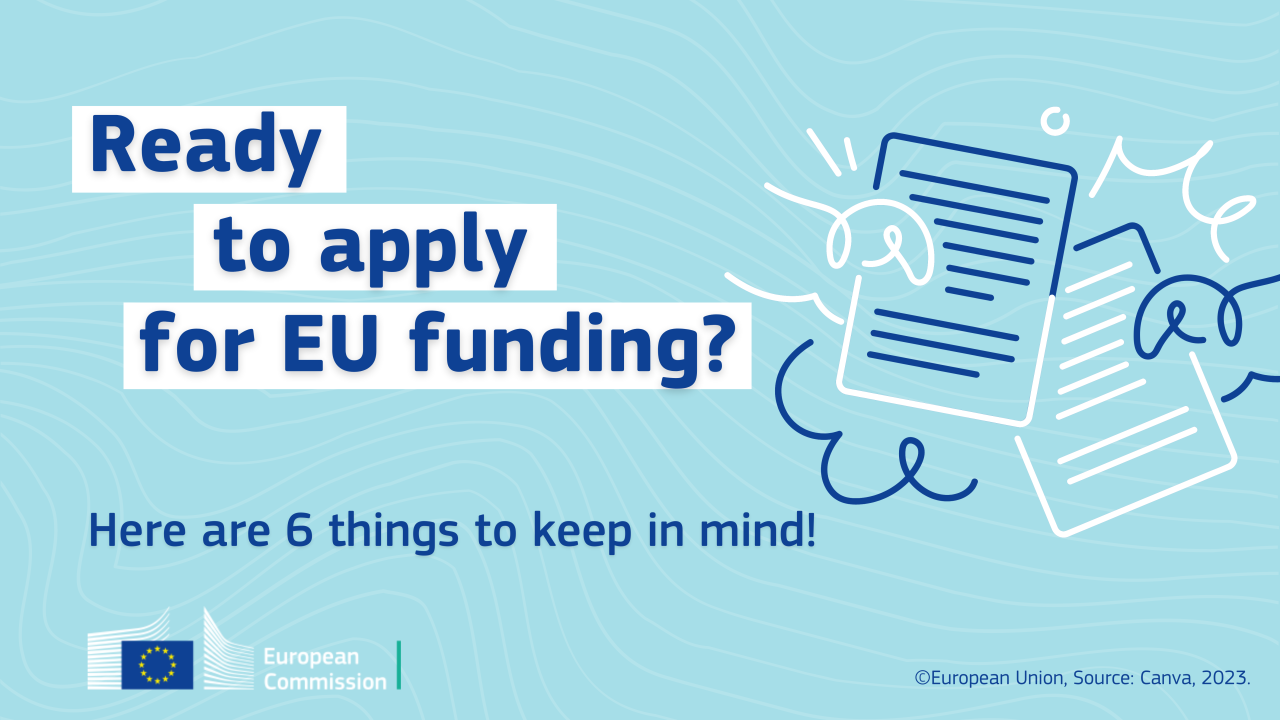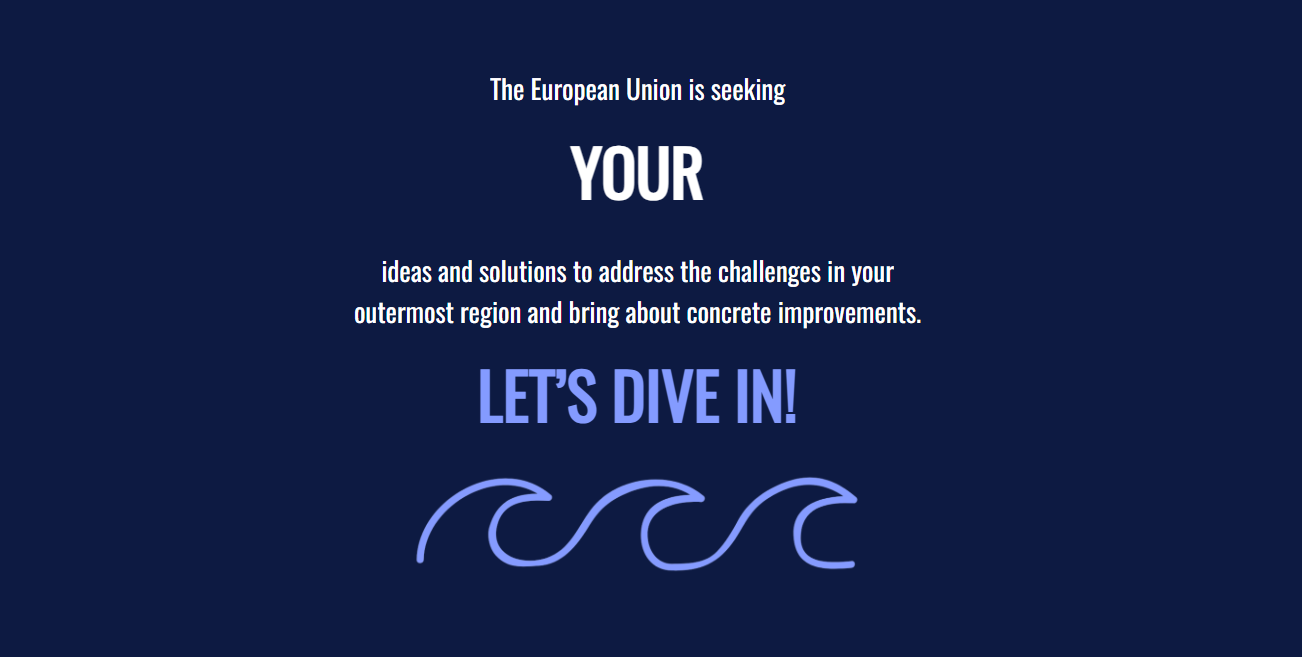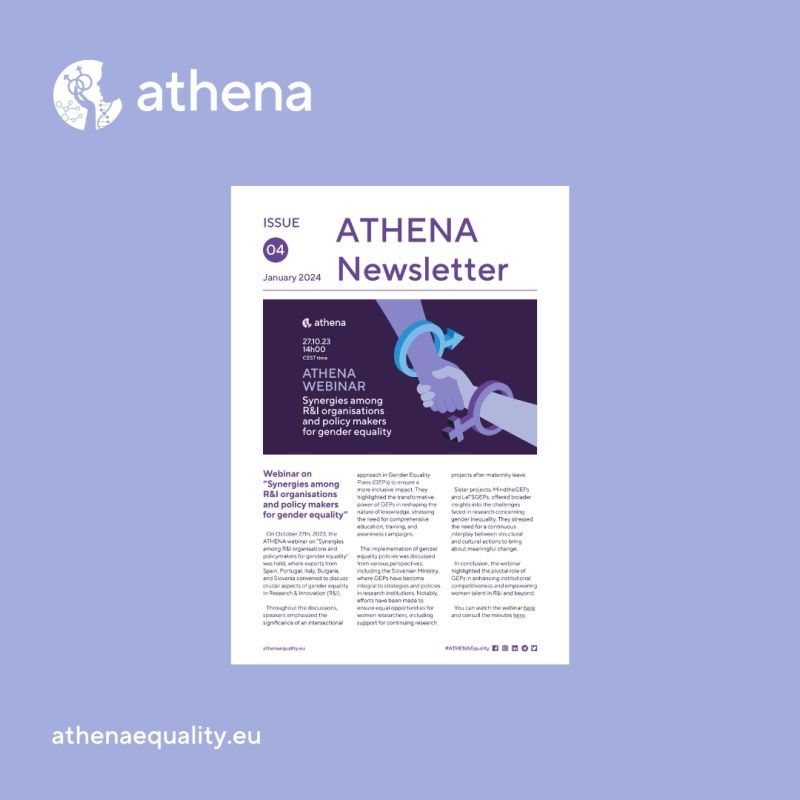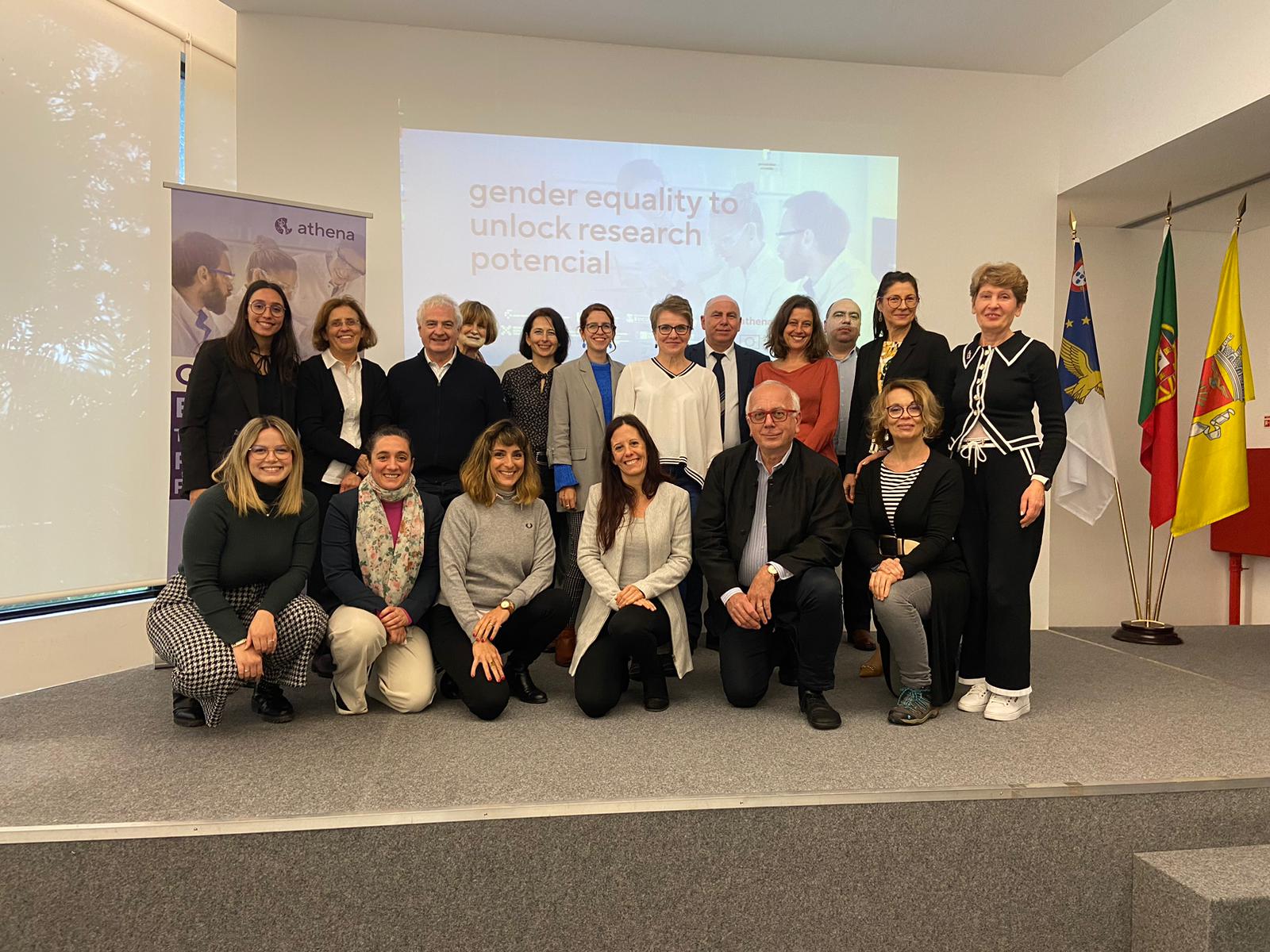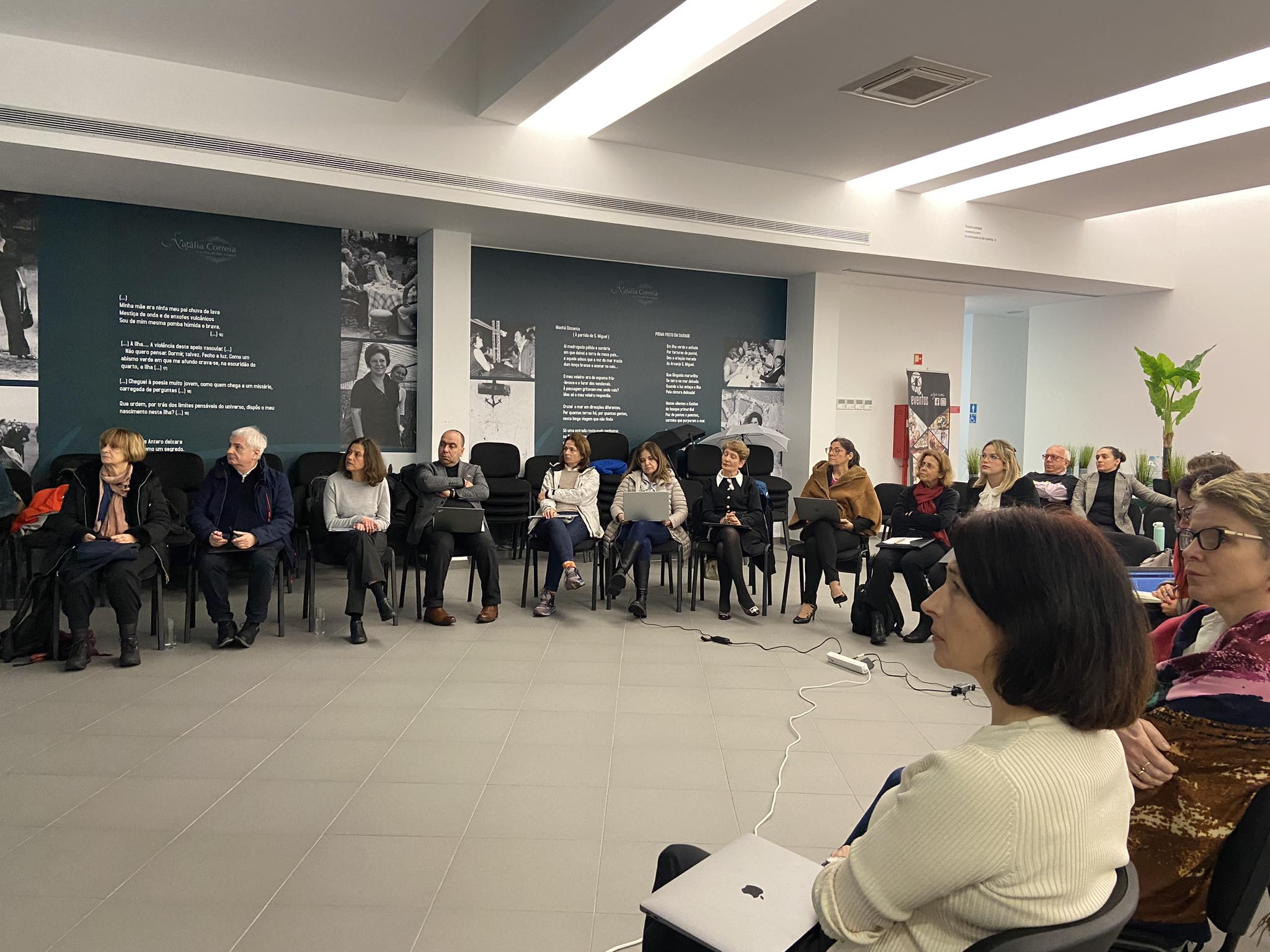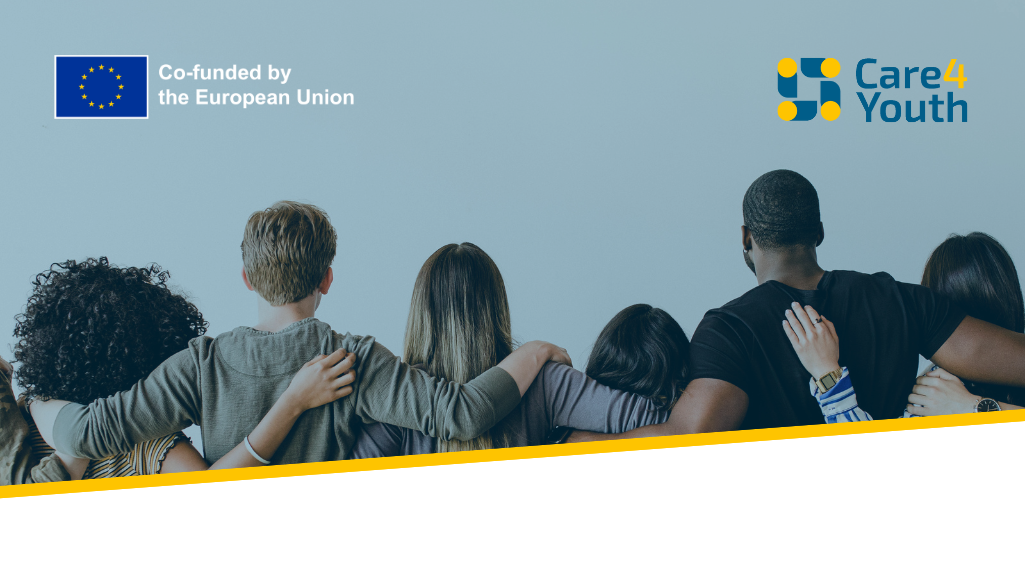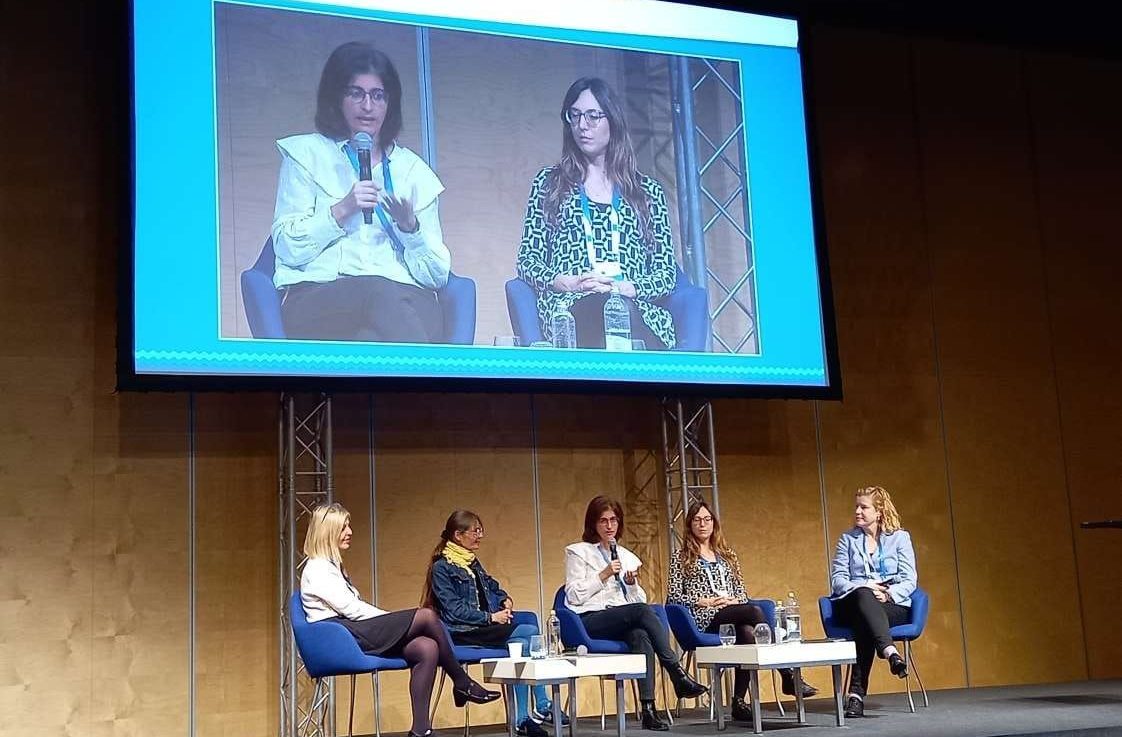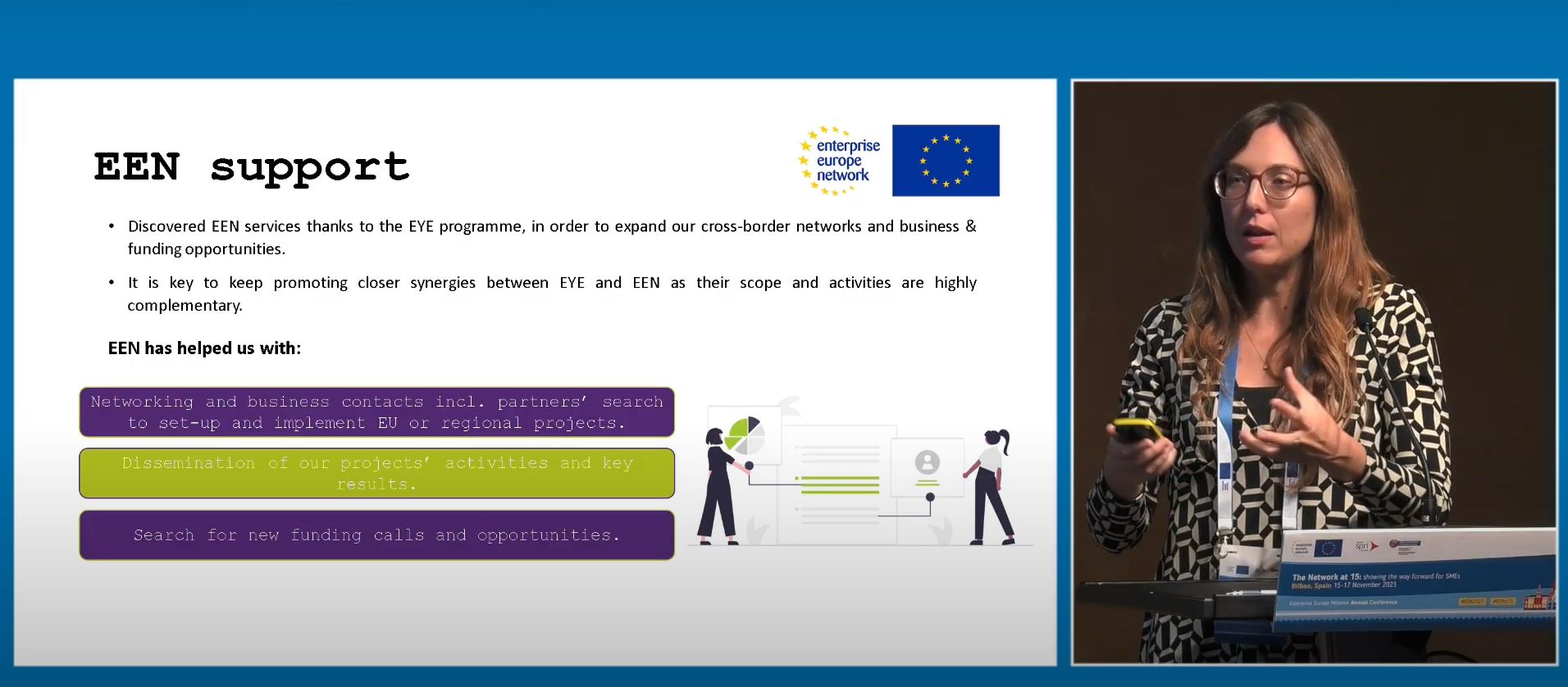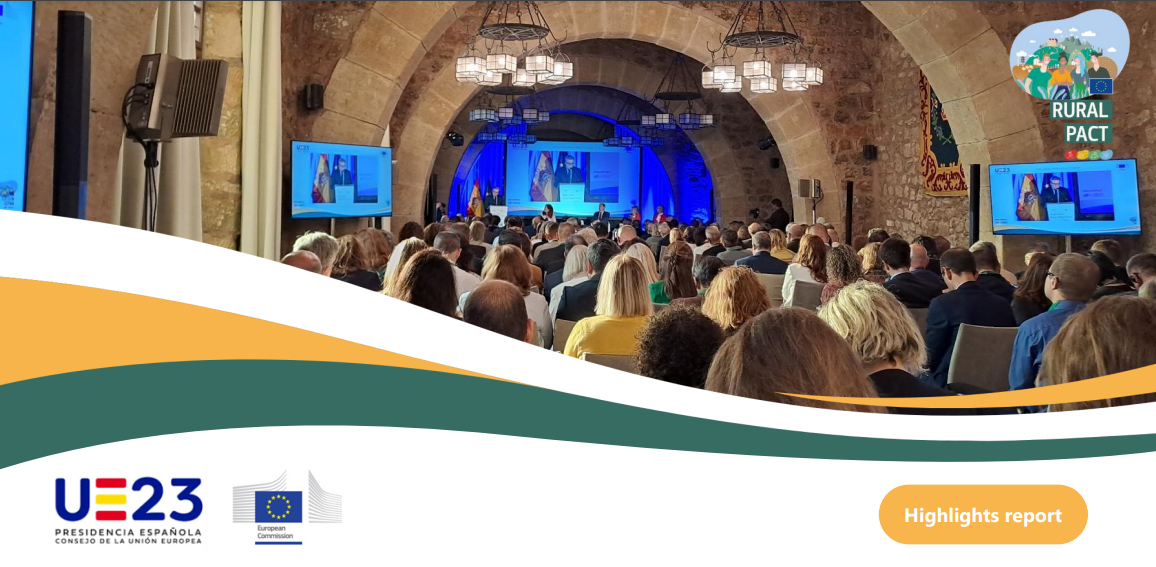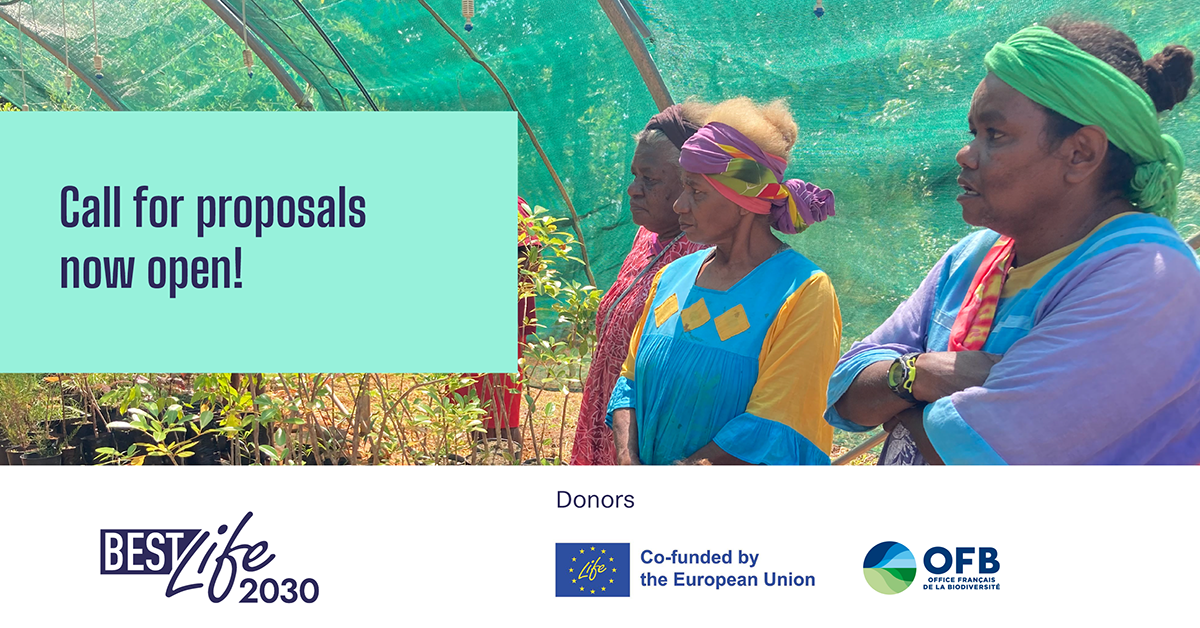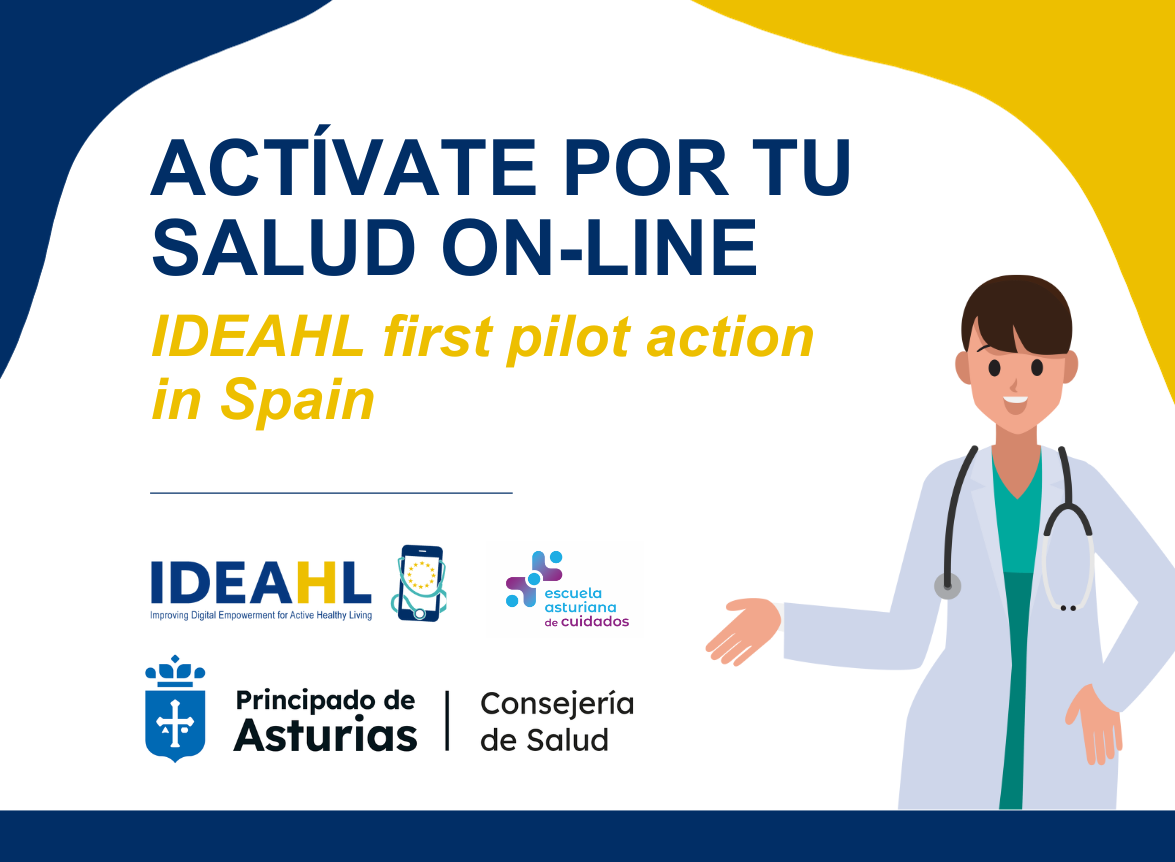This Wednesday, March 13, members of the Consortium of the European AquaWind project, coordinated by the Ministry of Universities, Science, Innovation and Culture, through the Canary Islands Agency of Research, Innovation and Information Society (ACIISI), visited the W2Power prototype at the ASTICAN facilities.
Present at the visit were Germán Suárez, president of ASTICAN and president of the Canary Islands Marine Maritime Cluster, Javier Franco Hormiga, director of the Canary Islands Agency of Research, Innovation and Information Society (ACIISI); Elba Bueno, CEO of the Canary Islands Marine Maritime Cluster, Ana Mayorga, CFO of ENEROCEAN; Joaquín Hernández Brito, CEO of the Oceanic Platform of the Canary Islands (PLOCAN), and Juan Manuel Afonso, Director of the Aquaculture Research Group (GIA) at ULPGC.
The aim of AquaWind is to carry out a demonstration test of an integrated and co-located multi-use solution. The trial consists of validating an existing prototype of floating marine renewable energy production, which will be integrated with an aquaculture production system.
The aquaculture prototype includes a custom-designed fish cage with innovative net materials, a high level of digitization, and validation with fish species to be cultivated. This project will conduct real-world tests for the first time, integrating marine energy production with live fish aquaculture in the Atlantic region.
AquaWind brings together the efforts of a multidisciplinary consortium including R&D centres, companies, SMEs, a regional authority, and a maritime cluster from three EU member states (France, Spain, and Portugal).
This is an 80% co-financed initiative with over €1 million from the European Climate, Infrastructure, and Environment Executive Agency, thanks to the European Maritime, Fisheries, and Aquaculture Fund, with the remaining 20% coming from the project partners’ own funds, highlighting that over 50% are SMEs. “This is a good indicator of the effort being made in the Canary Islands through ACIISI to promote projects and activities of public-private collaboration and knowledge transfer in the regional R&D&I field,” noted Javier Franco.
In the Canary Islands, the consortium has key entities such as PLOCAN, which, besides providing support from its Test Bench for validation tests, will lead the work in obtaining the necessary licences and permits for the new activity, as well as economic studies. The University of Las Palmas de Gran Canaria (ULPGC) is responsible for the aquaculture system through the ECO-Aqua Institute and will also be supported by Canexmar S.L., a company dedicated to aquaculture production and commercialization. Additionally, the Canary Islands Maritime Cluster will promote the meeting and dialogue of all social agents related to the sea.
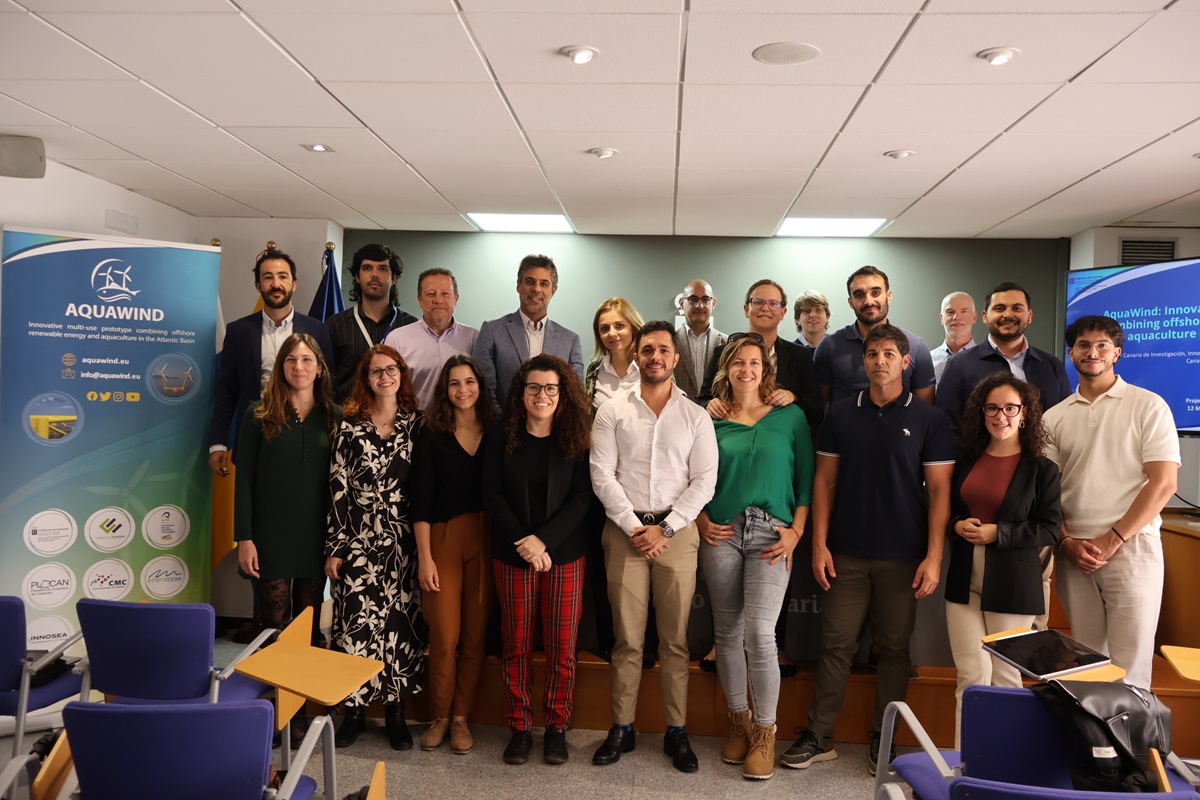
AquaWind’s Consortium members
In this regard, the director of the Canary Islands Agency of Research, Innovation and Information Society, Javier Franco, specified that “a consortium led by the Canary Islands such as AQUAWIND being selected to develop the first multi-purpose platform for floating wind and aquaculture built and installed in Spain, and having significant participation from Canary Islands companies, the Cluster, R&D Centers like PLOCAN, and the University of Las Palmas, reaffirms the commitment of this Government and ACIISI to support our R&D centers so that they continue to develop scientific-technological capacities and human capital that contribute to the much-needed regional economic diversification and prevent brain drain. It is no coincidence that ACIISI, as the managing body responsible for the development of the smart specialisation strategy of the Canary Islands, maintains and reinforces its commitment to the development of the common blue economy industry among the regional priorities in the new framework of the European operational programme 2021-2027.”
The Consortium has chosen Gran Canaria for the development of its project meeting on March 12–13, attended by the project officer (Ms. Sonia Karasavvidou) representing the European Commission and showing interest in the project’s progress.
In this regard, progress was presented at the technical conference held at the ACIISI headquarters on March 12, where the different project partners discussed the project’s progress and milestones. These include progress led by PLOCAN on the regulations and permits necessary for implementing these activities in Canary Islands waters and more biotechnological aspects led by ULPGC and EnerOcean, addressing the engineering solutions enabling the integration of the two major infrastructures consisting of the aquaculture cage and the wind turbine, as well as associated sensor, monitoring, and digitalization systems for the prototype. All this without neglecting the biological and environmental aspects of the action plan and monitoring that will be launched to assess environmental impact and any necessary mitigation, as well as Consulta Europa, a local development agency responsible for connecting the Canary Islands with Europe.
During the week of March 1st, the section of the prototype that will develop fish production led by the Aquaculture Research Group (GIA) of the University Institute of Sustainable Aquaculture and Marine Ecosystems (ECOAQUA) of ULPGC, as indicated by GIA Director Juan Manuel Afonso, was installed in the water sheet of the port of Taliarte (Telde), destined for R&D&I operations. Likewise, shortly, the launch of the W2Power prototype by EnerOcean will take place at the ASTICAN facilities, which have been modified according to the project’s needs.
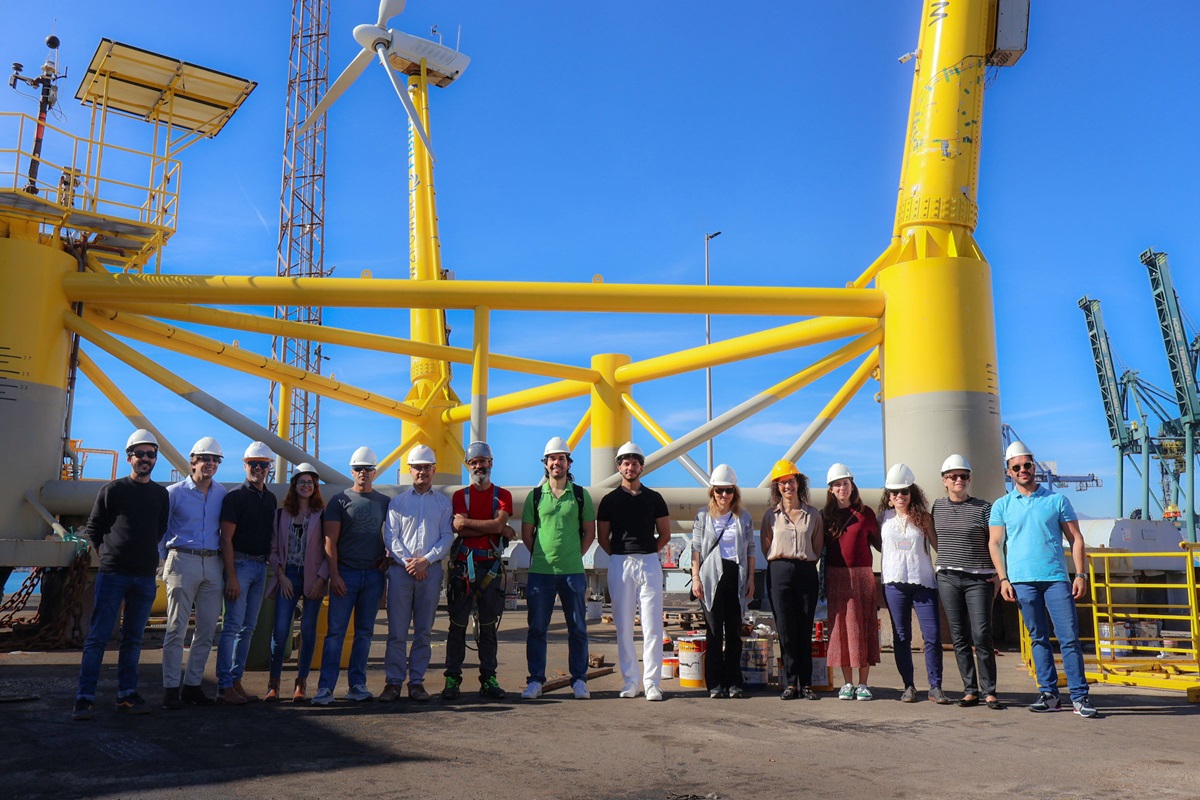
Subsequently, the prototype will be taken to the PLOCAN test bench, where engineering tests combining the two structures will begin, providing the first real data from the testing campaign to evaluate the behaviour of the structure and the environmental impact in the surrounding maritime space. This will be complemented by the additional work of the Portuguese project partners, represented by the company WAVEC.
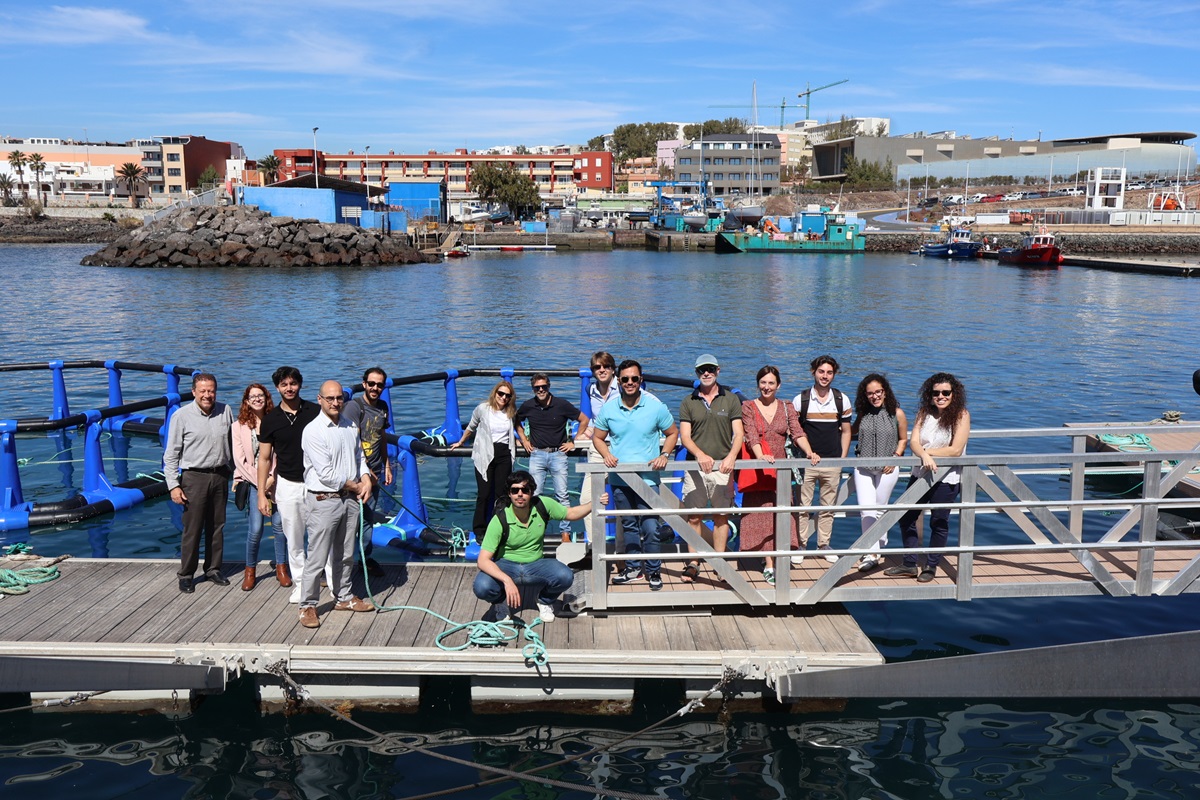
Before the start of these tests and for several months, digital twins simulating the conditions of both structures were modelled and generated, a task carried out by the French partners of the company Innosea in collaboration with EnerOcean and ULPGC. Equally important is the assessment of the project’s socio-economic dimension, where the Canary Islands Maritime Cluster has conducted extensive consultations with different sectors and stakeholders to collect perceptions about the activity and the impact that this initiative and its commercial development can generate in the Canary Islands blue economy industry. In this same vein, the PLOCAN team is developing an economic model projecting the profitability perspective of the multi-purpose facilities.

